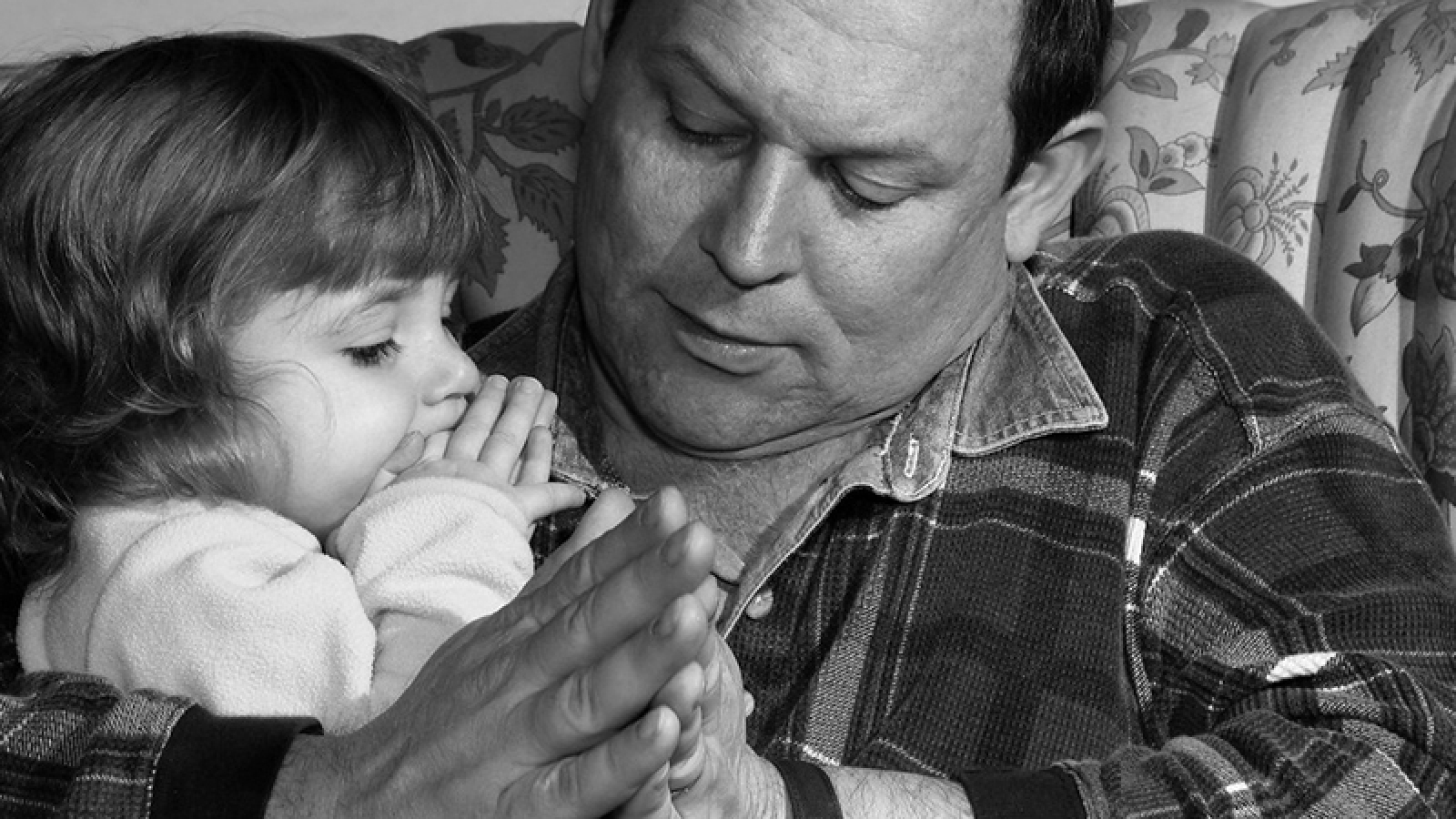
TOPICS:
Why Are They Waging War on Wine?
Jan 14, 2025 / Written by: Gary Isbell
The pleasure of drinking alcohol is deeply engraved in our culture. Whether used for festive toasts or quiet evening reflections, enjoying a bottle of wine enriches our lives, culture and relationships.
However, wine and alcohol have their enemies. Some claim that even moderate drinking may be potentially carcinogenic. The government has recently joined these voices, recommending warning labels on all bottles with little distinction between temperate and excessive drinking.
The new government labeling demand created sensational headlines that went beyond scientific conclusions. Indeed, the National Academies of Sciences, Engineering, and Medicine have done extensive research on the effects of alcohol on the human body.
Although these reports acknowledge the risks of excessive alcohol consumption, they draw no solid conclusion that moderate drinking—that is, one drink per day for women and up to two for men—has a direct relationship to cancer. Much more nuance is needed to reach a proper conclusion about moderate drinking.
This approach is lacking in Surgeon General Vivek Murthy’s latest warning. He appears obsessed with outdoing Anthony Fauci in politicizing science and eroding public trust in health leadership. His statement on alcohol consumption is a dramatized 22-page report urging cancer warnings on alcohol—a development dutifully repeated by the media but without the nuance or care the topic deserves. 1
He could have addressed much greater public health issues that are a threat to society, such as abortion, suicide, gender reassignment surgeries, euthanasia or teenage recreational drug use. However, these hot-bottom moral issues do not serve the administration’s leftist agenda.
Murthy’s report ominously claims that for certain cancers, “evidence shows that this risk may start to increase around one or fewer drinks per day.” Notice the word “may.” While the connection between heavy drinking and cancers like throat and mouth cancer is well-documented, the evidence for moderate consumption remains tenuous at best.
Here’s the ironic twist: Two weeks ago, The National Academies of Sciences, Engineering and Medicine published a more than 200-page congressionally mandated review.2 This comprehensive report examined the health effects of moderate drinking—defined as up to one drink a day for women and two for men—and its conclusions mostly contradict Dr. Murthy’s bombastic and attention-grabbing claims. This rigorous study was conveniently swept under the carpet while Murthy’s sound bites made the rounds.
It’s fair to ask: Why do our nation’s leading public health voices seem so inclined to stoke fear instead of engaging in balanced discussions of the science? Both sides should be presented if we are to follow the leftist mantra of “following the science.”
The argument favoring temperate alcohol consumption is not limited to scientific speculations. There are cultural and religious grounds to see how alcohol has contributed to enriching society and civilization. It has played an important role.
Alcohol’s symbolic role in tradition, for example, is expressed in Psalm 104:15, which says wine “to cheer the heart of man.” If alcohol were harmful, it would not appear in such revered texts as a symbol of joy and comfort.
Consider the life and works of Our Lord Jesus Christ, who performed two miracles with wine. The first was His changing water into wine at the wedding in Cana. This was a deliberate act of charity that aided in the joyous celebration of a marriage.
The second and most impressive miracle was when Our Lord turned wine into His Body and Blood in the first Holy Sacrifice of the Mass, the Last Supper. It is absurd to suggest that Our Lord and Savior, the God-Man, knowingly used a harmful drink. The recent finding contradicts centuries of moderate use and religious celebration.
If wine itself were inherently toxic, even in moderation, it would contradict the testimony of these miracles and Christ’s perfection.
For millennia, alcohol has represented abundance, blessing and social convivium. To suddenly see alcohol as an evil is absurd. To do so based on such scanty evidence is even more irrational.
Of course, the real danger has always lied not in the substance itself but in its abuse. The intemperance found in excessive and reckless behavior is where health issues arise. The science is straightforward and incontestable. Such drinking causes not just cancer but liver disease, heart problems and even mental health issues. Moderation, however, operates in an entirely different realm.
Indeed, almost anything becomes dangerous when abused or used in excess. Sugar, for example, makes our food sweeter and energizes human activity. However, when overconsumed, it contributes to universal health crises, including diabetes and obesity. Sugar should not be eliminated; it should be used in moderation.
The war on wine and other drinks is much more an attack on civilization. Our common historical and cultural connection with alcohol can reflect refinement and developing tastes and manners. The pleasure of clinking glasses with friends at Christmas, the comfort of a cocktail at a family dinner, or even the careful pairing of wine with a perfectly prepared meal contribute as much to our mental well-being as a balanced diet. It enriches our social lives and broadens our cultural horizons.
It is not the occasional glass of Chablis or the celebratory pint of Guinness that derails us, but rather, when we drink without balance. The elephant in the room is intemperance. Alcohol, when consumed temperately, shared in moments of celebration, enjoyed consciously and never abused, stands as a remarkable testament to life’s legitimate pleasures.
To condemn moderation in its consumption as inherently harmful is to ignore scientific evidence, centuries of Catholic culture, the refinement of excellence and the occasional miracle.
If we are to wage war on the effects of alcohol, our aim shouldn’t be at the glass itself but squarely at abuse. After all, it is within balance that our spiritual, emotional and psychological health flourishes. Cheers to temperance!
Footnotes:



